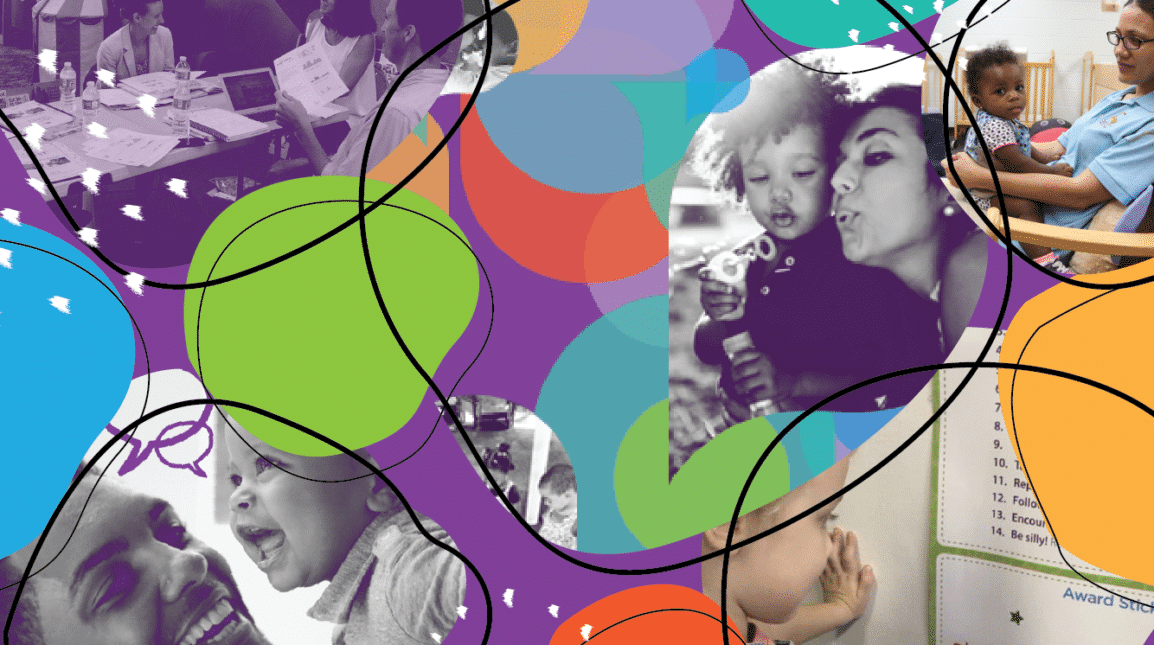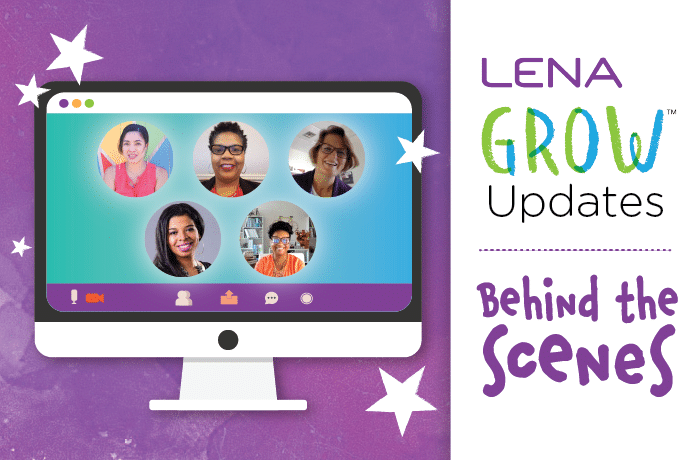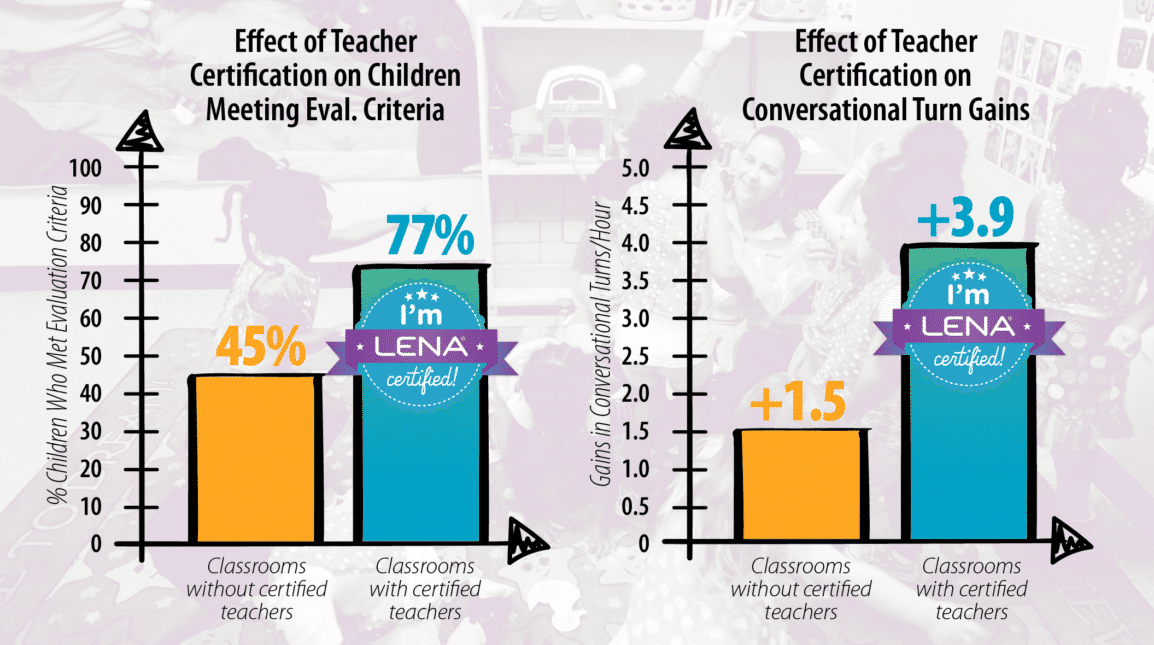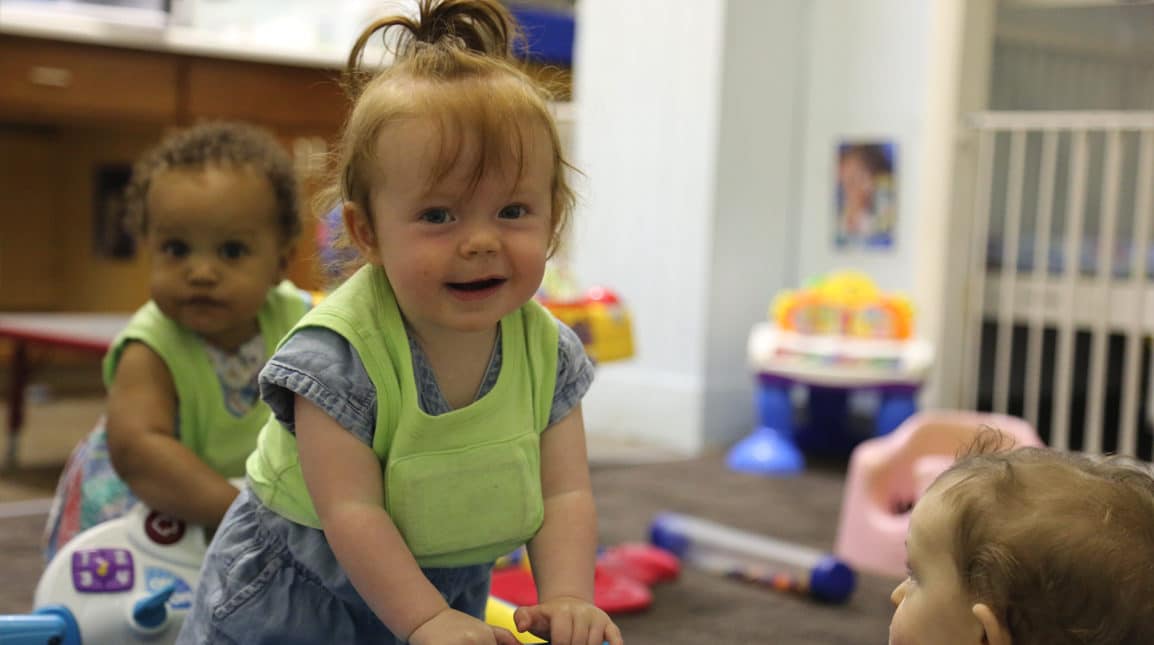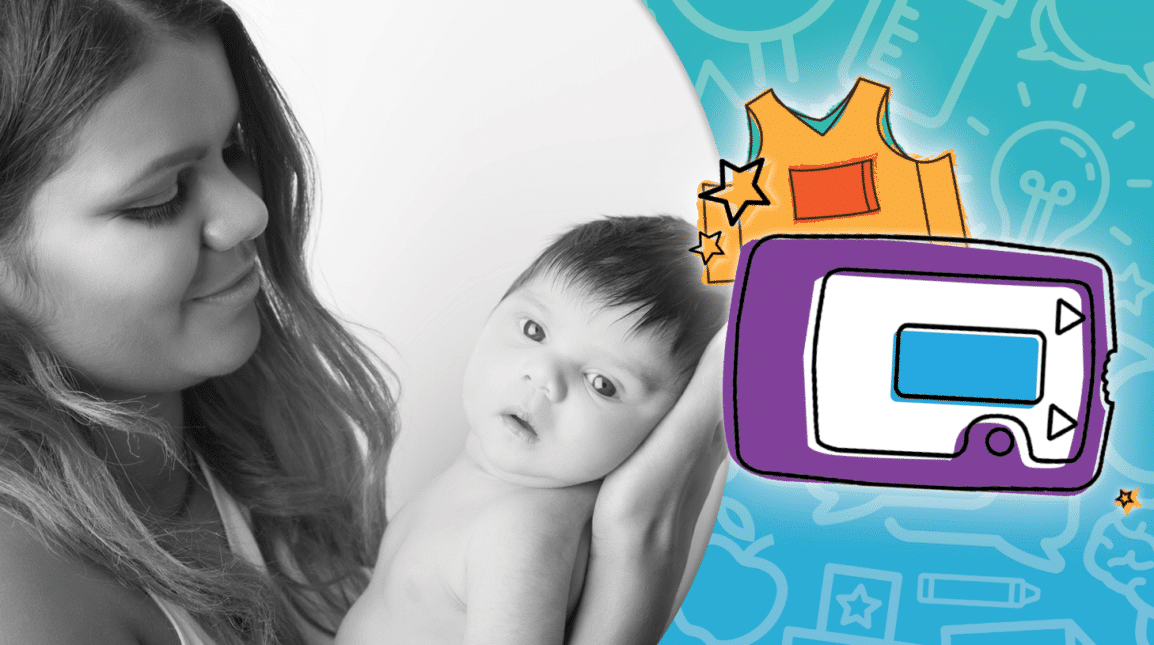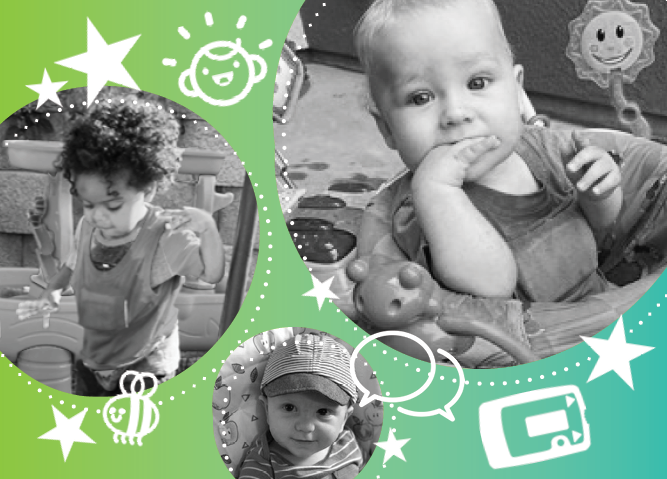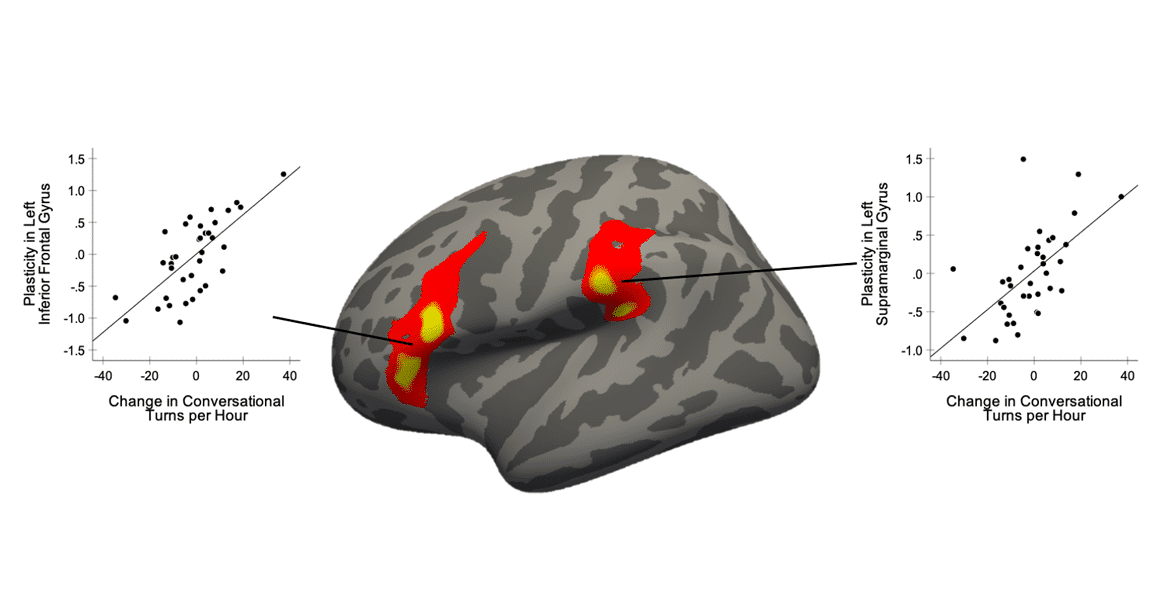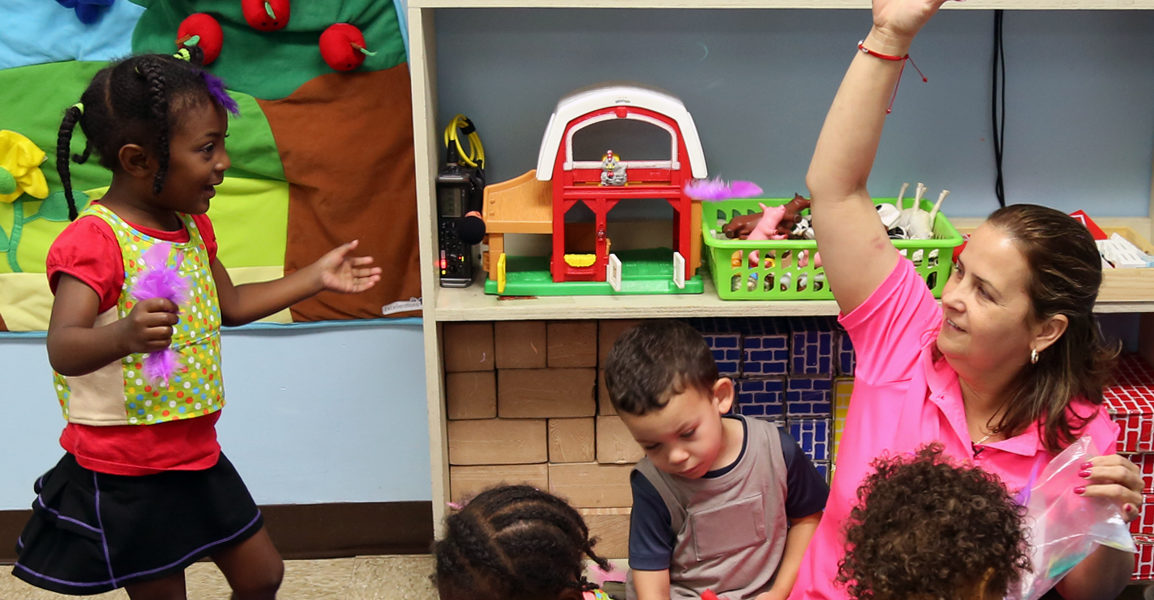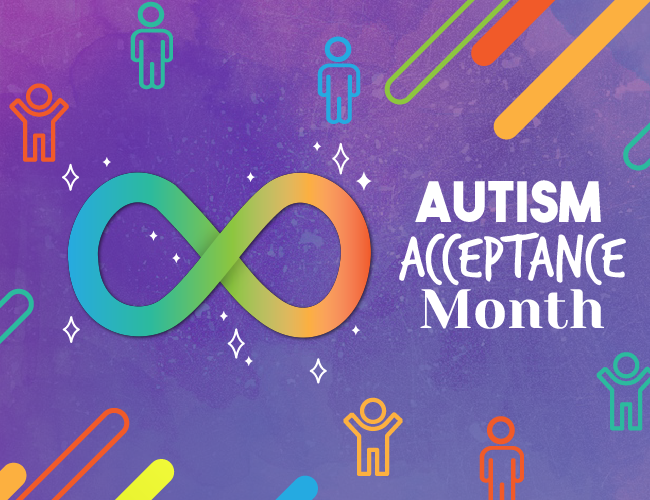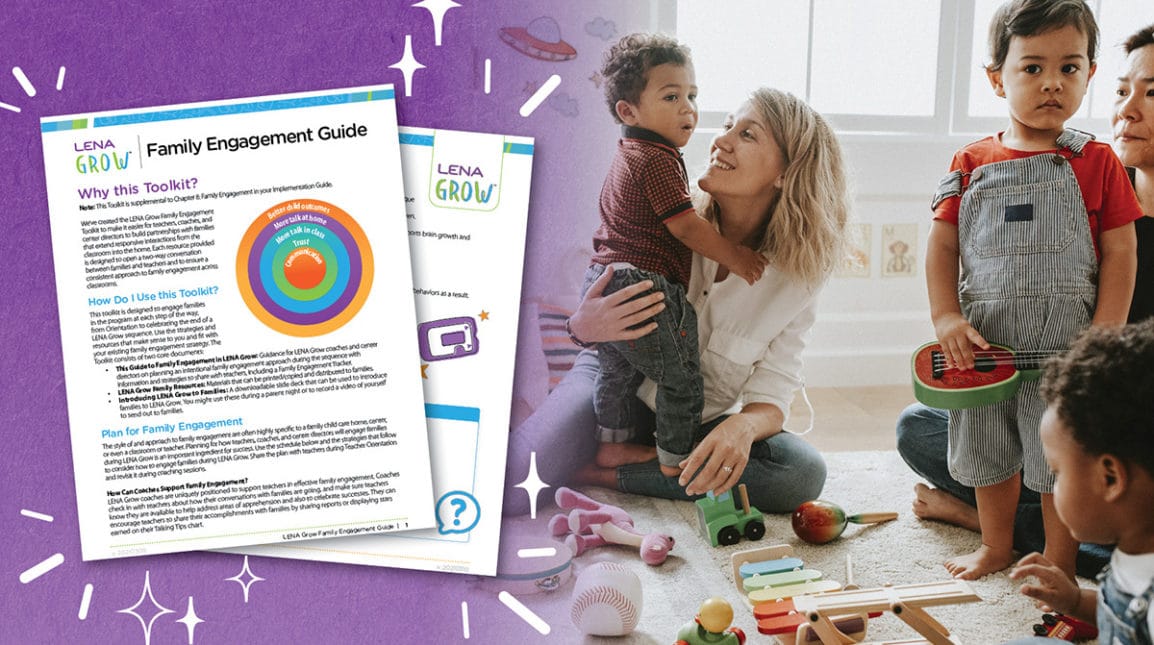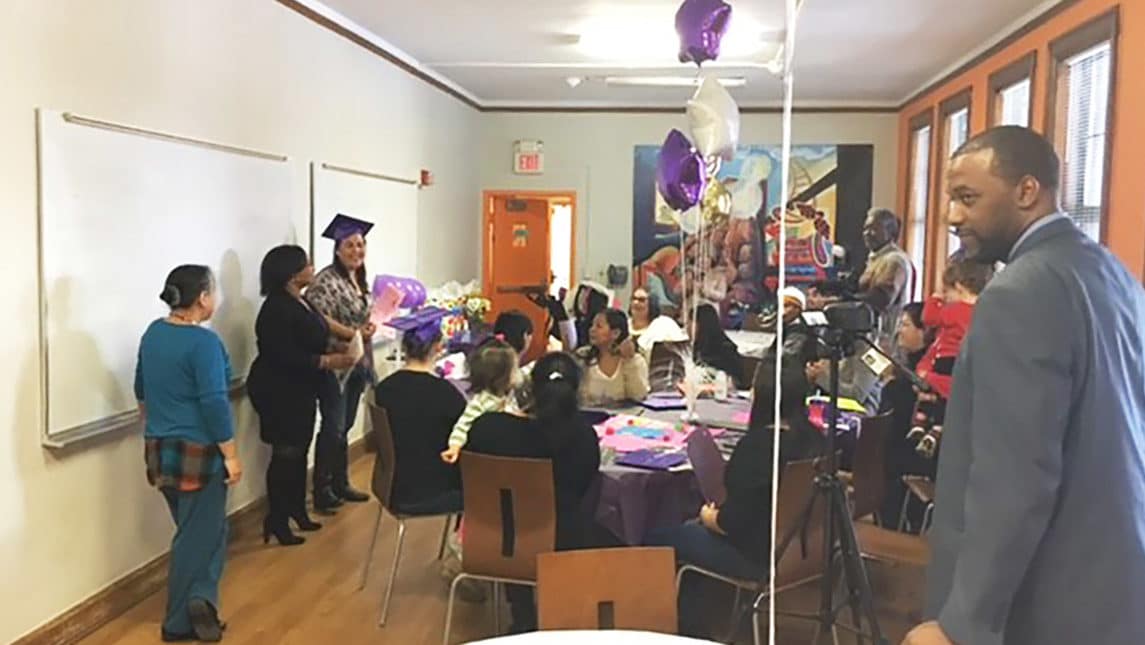A look back at some of the blog posts, webinars, reports, and resources that attracted the most eyes and ears in 2021.
BLOG
Every interaction counts.
LENA Grow updates are coming…So who’s behind the curtain?!
These 12 LENA Grow advisors are helping to implement big improvements to the program.
Q&A with Charlie Wolfson: Investing in children’s futures by investing in early talk
Arrow Impact is a private foundation supporting “initiatives that create pathways to economic prosperity for communities that have been marginalized and under-resourced.”
The positive impact of LENA Grow certification
LENA’s research team completed an analysis of the impact that certification has on teachers who participate in LENA Grow.
Reflective feedback in parenting interventions: Coming back to the “Why”
Programs like LENA Start and LENA Home can help parents reflect on their hopes and dreams and follow through on their goals.
A renewed emphasis on adult-child interactions in Texas
A recent change to the Texas Rising Star QRIS assigns more weight to the importance of adult-child interactions in early childhood programs.
With technology uptake, individual circumstance is everything
A study out of Australia has applied a unified theory of acceptance and use of technology model to LENA, underlining the importance of paying attention to parents’ individual circumstances.
Masked up and ready for conversational turns: Helpful hints to maximize interactions in early childhood classrooms
For early childhood teachers, wearing a mask and nurturing quality interactions may be at odds with each other.
Three moms share stories of their LENA Start experience
Survey results tell us that families’ enthusiasm for LENA Start has held steady more than a year into the pandemic. Three personal family stories show us why.
Research Roundup: Maternal depression and paternal parentese in the context of COVID
In the context of COVID, two studies put mothers, fathers, and the language environments they nurture in stark relief.
Australia’s LiLO study: Analysis of home language environments from birth to school
Researchers with the LiLO study have set out to measure children’s home language environments every six months from birth to school entrance.
“An eye-opening experience”: Survey shows overwhelming positivity for LENA Grow among teachers and coaches
According to survey data, 99% of teachers would recommend LENA Grow to other teachers, and 93% of coaches say the program has had a positive impact on their relationships with teachers.
New study links conversational turns with increases in children’s verbal and nonverbal abilities using brain imaging and LENA technology
A study from MIT and Harvard uses LENA technology to investigate how children’s brains changed following an early language intervention.
How to have a conversation with a baby even before they can talk (and how LENA measures it)
LENA technology measures how much adults talk to infants. What does that mean, and how do you do it effectively?
Rural school districts: Challenges, opportunities, and LENA
Every rural school district has its defining features and challenges, but they all share a common opportunity: boosting early talk and getting a jump start on school readiness.
How to build staff buy-in in early learning environments
For early childhood education leaders, getting staff buy-in is an essential part of launching a program like LENA Grow or LENA Start.
Celebrating AAPI Heritage: Building community and connecting to culture in Hawaiʻi
In recognition of Asian American and Pacific Islander Heritage Month, we’re highlighting two LENA Start programs in Hawaiʻi that are doing amazing work around cultural responsiveness.
Q & A: How autism researchers are using LENA technology for early detection and intervention
University researchers who are using LENA technology share their perspectives on current and future autism research.
For early childhood education, Women’s History Month must be more than a “Hallmark holiday”
The American Rescue Plan Act acknowledges an “acute, immediate child care crisis.” Women in early childhood education deserve dignity and prosperity.
Reflections of a former family child care provider
There’s no shortage of resources out there for family child care providers, but extra time in the day is not one of them.
Engaging families in LENA Grow
Family engagement is one of the most important parts of any child care professional’s job. We’ve created a Family Engagement Toolkit to help our LENA Grow partners.
Early brain development in infants and toddlers: Six simple strategies
Early brain development depends so much on having back-and-forth conversations, even for infants and toddlers. Here are six tips to help you talk more!
Inside Early Talk: Our point of greatest leverage for improving children’s futures
LENA has collected and analyzed its most expansive data set to date through the 10,000 children annually impacted by our programs for families and early childhood teachers.
Reflections honoring Black History Month
Two of our partners share their thoughts on the importance of Black History Month and how they integrate their personal beliefs into their professional work.



